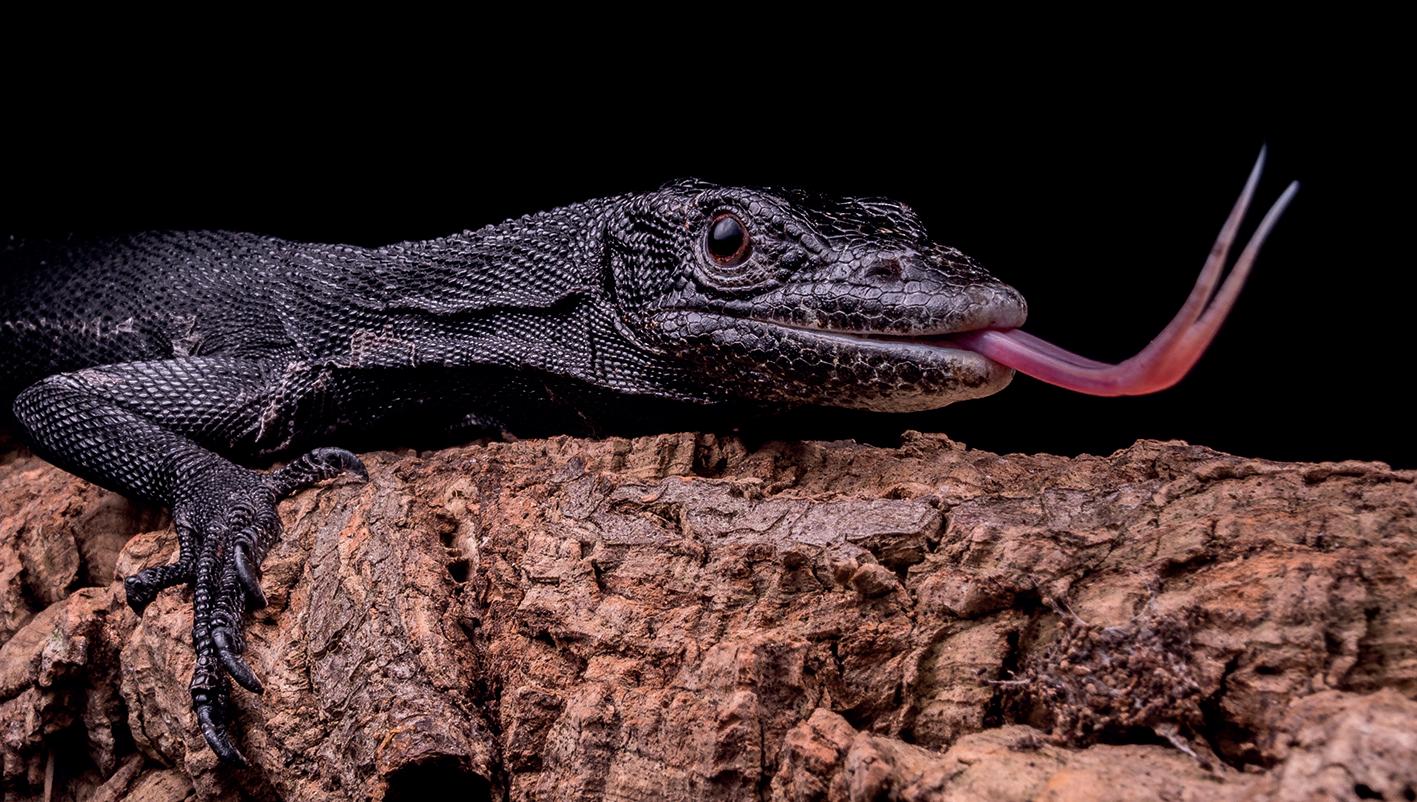
3 minute read
EXOTICS NEWS
The latest from the world of exotic pet keeping
MPs call for funds to help zoos
Advertisement
A group of 16 MPs and Peers have written to the Prime Minister, Boris Johnson, urging him to release financial support earmarked to help zoos which were closed due to the Covid-19 lockdowns. The 100 million pound fund has been largely unclaimed due to design flaws in the fund’s eligibility requirements.
One of the letter’s signatories, Dr Luke Evans, the Member of Parliament for Bosworth, said: “To claim financial support from the Government zoos have to be at imminent risk of going under. The Government’s £100 million Zoo Animals Fund is well-meaning but has stood largely untouched because thankfully many have not got to the point of planning for closure yet, only 5 out of 300 zoos, aquariums and safari parks have been able to claim.
Part of the letter reads:
Sadly, the Zoo Animals Fund has failed to adequately meet the challenges of the pandemic and we are subsequently witnessing a dire impact on the zoo sector and their important conservation work. This failure puts the very survival of the wildlife dependent on the sector at risk. Government support for zoos cannot disappear midway through this pandemic.
The Zoo Animals Fund must be urgently replaced. At the time of writing, only five zoos had successfully been approved for grants, despite the huge need for help across hundreds of organisations. This means the vast majority of the £100 million provided by Government for the Fund is unspent!
We urge your Government to take the simple step of ringfencing all the remaining funds and to work with the sector to implement new schemes that will meaningfully support all zoos, aquariums and safari parks until we win our fight against the coronavirus.
An albino Indian rock python (Python molurus ‘pimbura’) was captured in Sri Lanka, only to be released back into the wild by authorities. This is the first known instance of an albino specimen of this species being recorded.

Dr Tharaka Prasad, Director of Health, Department of Wildlife said, “Initially, we had plans of handing it over to the National Zoo, but we changed our mind when the National Zoo refused to take the reptile, and there was no point in keeping it with the DWC. So, it was decided that it should be released into the best possible environment where it would not be at further risk.”
Unfortunately, albino mutations rarely survive in the wild. Many believe a more sensible response would have been to sell the animal to be bred, thereby protecting the individual from harm in the wild and also providing funds for conservation in its country of origin.
Saving the world’s fattest parrot
English veterinarian Dr James Chatterton has been working to bring the world’s fattest parrot back from the brink of extinction, testing new treatments for a disease afflicting New Zealand’s kakapo.

The respiratory disease aspergillosis began to spread through the endangered kakapo population last April, wiping out large parts of the population of this flightless, nocturnal and somewhat portly parrot species. While aspergillosis can be treated with oral antifungal drugs, it only works if it is caught very early in its progress, and treated with a nebuliser to deliver the anti-fungal treatment directly to the birds’ lungs.
While some of the affected birds needed months of care, the outbreak was eventually contained. The number of kakapo now stands at 211, up from just 123 when Chatterton arrived in New Zealand seven years ago.
New UK zoos
The owner of Norwich based exotic invertebrate breeding and import business BugzUK is reported to be planning on opening an invertebrate-specialist zoo. Owner Martin French has applied for a zoo licence for the venture which will feature exhibits where visitors can handle and learn about up to 40 different exotic invertebrate species.
Another new collection is also planned for Redditch. The Heart of England Wildlife Park is the brainchild of animal enthusiast Martin Blyth, and is planned to open by Easter 2021, featuring approximately 300 animals of 50 different species.
We’ll keep you posted as these projects progress.
Black tree monitor breeding success

Congratulations to Crocodiles of the World for their successful breeding of black tree monitors (Varanus beccarii).
This relatively small monitor species grows to about 90 – 120cm including tail, and hails from the tiny Aru Island off New Guinea. Hatchlings and juveniles are dark grey with bright yellow-green dots, turning completely black as they reach adulthood.










